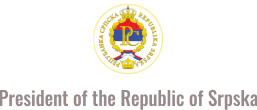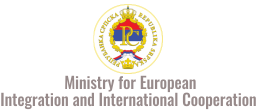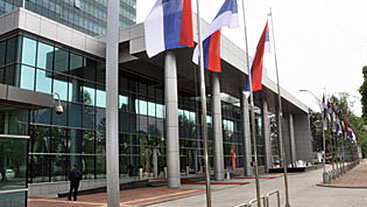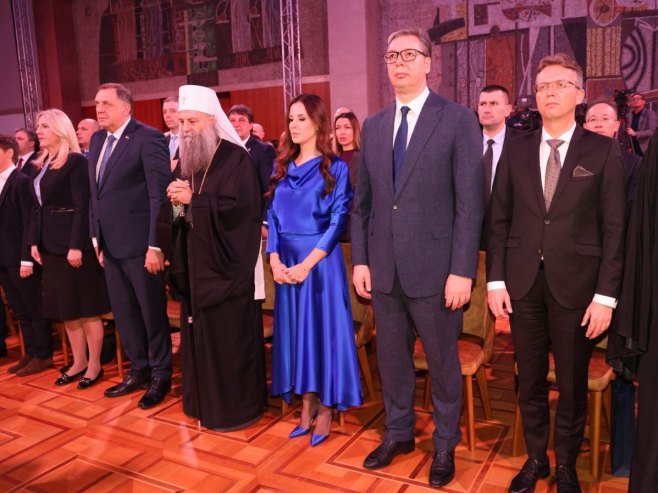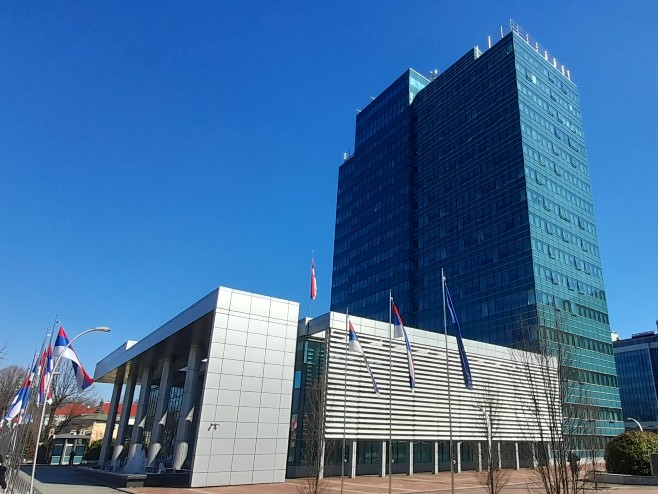The research team of the Institute for the Serbian Language of the Serbian Academy of Sciences and Arts /SASA/ is launching a large-scale research on the use of the Serbian language in public speech in the media, politics and on social networks.
A three-year scientific project Public Discourse in Serbia is being launched and it will examine, for the first time, in a scientific manner, the language used in public address from several angles and in several ways, writes Blic.
The Project Team says that this project deals with researching media, political and social media language to show where the Serbian language is heading, what is new and creative in it, but also which words and phrases can be used for demonstrating and /ab/using power, convincing, negotiating, persuading, manipulating, and even lying.
Some of the questions that the Project Team will endeavor to answer are: what is the power of public speech, where does the manipulative and persuasive potential of the language lie, why is it important who says or writes what in public space, which celebrity has a developed language culture, what is the norm of the Serbian language, where do new words come from and what do they mean, is there hate speech in the media, how to improve the culture of speech?
Already at the end of the year, the appearance is expected of the first volume of dictionary of new words, a unique manual in this area, which will list each year the words from A to Š that emerged at the end of the last or the beginning of this century in the Serbian language.
Along with the obligatory Anglicisms, such as bodišejmovanje, grumer or prenk, it will include the words of domestic origin, such as nanogica, nebeski trkač, ravnozemlјaš or uzbunjivač, which emerged in the media in the last 20 years.
Many will find interest and usefulness in the manual Language Culture in the Public Discourse of Serbia, where various dilemmas will be resolved as to whether some words are correct or not and whether and how they should be used in public.
Swearwords remain prohibited in public communication, and insults and defamation may lead to prosecution at court.
How to address someone, what is the language etiquette on certain occasions, and what is never the polite way to communicate with others are some of the questions that this manual will answer.
This project will offer significant benefits, in addition to scientists, also to those who participate most actively in public discourse, such as journalists, media professionals and public figures, as well as teachers, professors, students and pupils.
The project team consists of 10 members – experts in various fields of linguistics, and project manager is Vesna Đorđević, phD, from the SASA Serbian Language Institute.
The word discourse includes the speaker, what he or she is saying, and everything that is being said and written about a topic.
Source: RTRS-SRNA
Photo: Wikipedia
